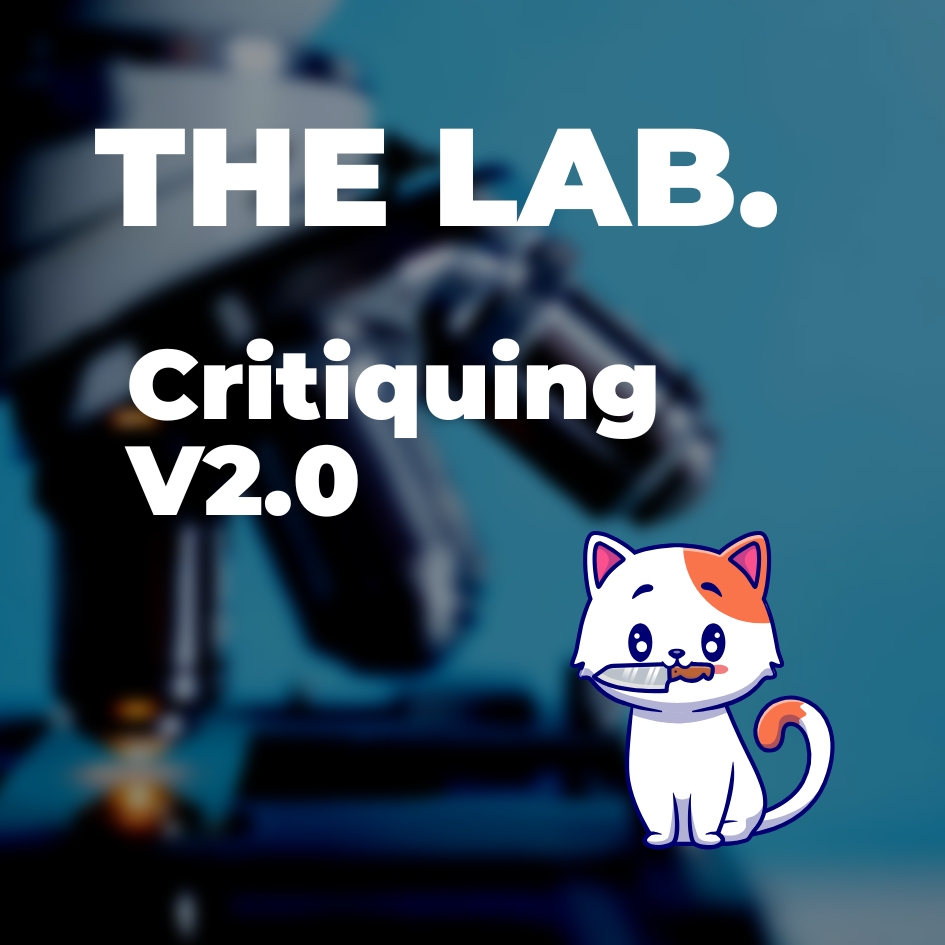i figured i might as well finally ask this here, because as a professional nit-picker, i'm going crazy.
with the very first book i started, i barely plotted at all, leading it to its demise in the bottom of my closet. with the second book, i spent months plotting out every little detail until i was too far gone stressing to even write the book anymore, and it joined the first.
this is my third time trying to write a novel, and i'm determined to find a balance and finish my book. how much of it do i plan out before i begin writing? i tend to break my stories into parts when i plot -- do i split it into two parts, three parts, four, five, go chapter by chapter, pull a Stephen King and barely outline?
i mean, i know it's not going to be perfect, but even knowing that i become a perfectionist when i plan stories -- picking and choosing the most arbitrary details (what color is her bag? where is the door in the room? how many stairwells are in the building?). i once physically drew out a very detailed map of the school my characters attended, and i used it maybe twice ever, but i still made it "just in case," because i was basically paralyzed with fear that a reader would spot something that didn't make sense. ironically, my focus on the smallest, most specific things tends to make me overlook the most basic things (that school i drew a map of? i never even picked a name for it).
so, my question is, "how much of a story do i plot out before i write, and especially what do i plot out before i write?"
with the very first book i started, i barely plotted at all, leading it to its demise in the bottom of my closet. with the second book, i spent months plotting out every little detail until i was too far gone stressing to even write the book anymore, and it joined the first.
this is my third time trying to write a novel, and i'm determined to find a balance and finish my book. how much of it do i plan out before i begin writing? i tend to break my stories into parts when i plot -- do i split it into two parts, three parts, four, five, go chapter by chapter, pull a Stephen King and barely outline?
i mean, i know it's not going to be perfect, but even knowing that i become a perfectionist when i plan stories -- picking and choosing the most arbitrary details (what color is her bag? where is the door in the room? how many stairwells are in the building?). i once physically drew out a very detailed map of the school my characters attended, and i used it maybe twice ever, but i still made it "just in case," because i was basically paralyzed with fear that a reader would spot something that didn't make sense. ironically, my focus on the smallest, most specific things tends to make me overlook the most basic things (that school i drew a map of? i never even picked a name for it).
so, my question is, "how much of a story do i plot out before i write, and especially what do i plot out before i write?"




